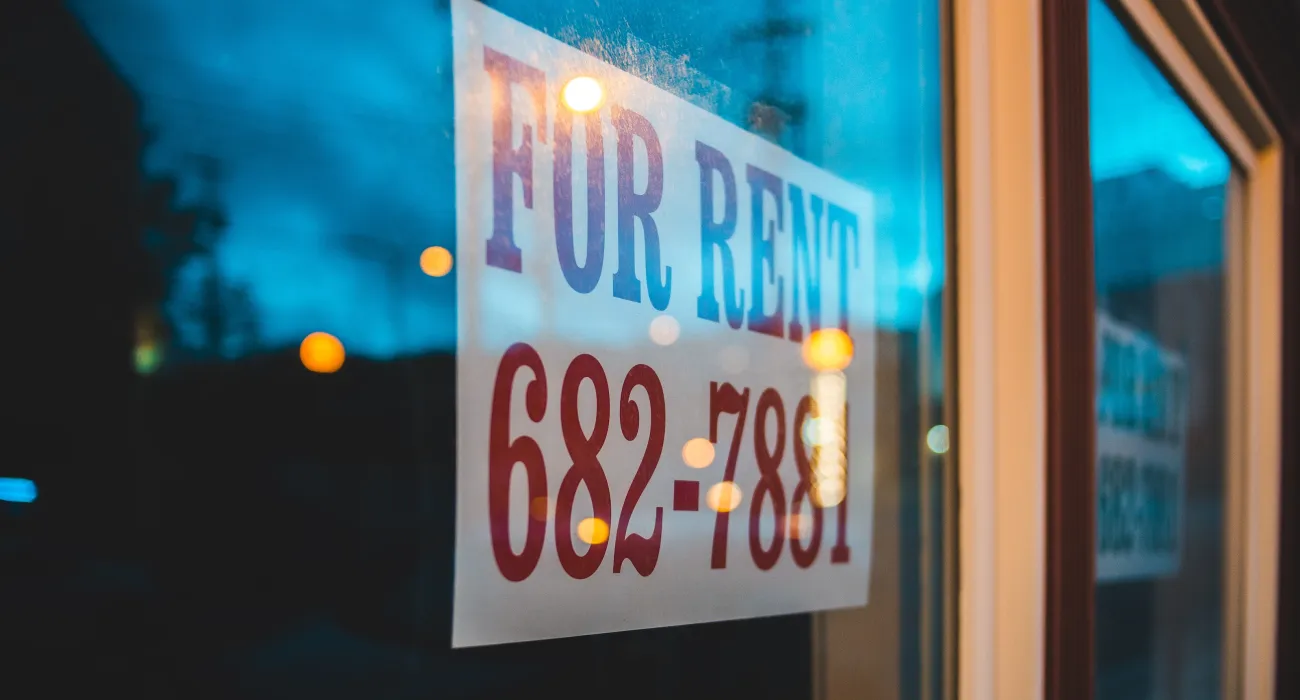Self-managing rental properties is no easy task, but that doesn't mean it's impossible. Managing rental property investments is not a 'passive' money maker. There's no button to push that will automate management tasks.
Rental property management is time-consuming, and if you've decided to run the show yourself, you'll need to be involved in all aspects if you want to achieve a healthy return on your investment. Due to the potential complexities involved, it's no wonder that property management companies are often the go-to solution.
To personally manage your rental properties, there are several things you need to know to protect your property yourself and achieve a satisfactory ROI.
Prepare your property for rental.
When you acquire a rental property, it may not be ready for habitation or be habitable but not particularly appealing to tenants. You want your property to attract potential tenants. Examine the property thoroughly and note all necessary repairs and maintenance required. Consider hiring a reputable contractor to examine the property with you. A professional contractor may recognize problems you don't and will be able to furnish an estimate for the necessary work.
The property must also be well-cleaned, including walls, windows, floors, bathrooms, and any carpeting you may have. Check the electrical system and all appliances included in the rental. A professional electrician will aid in ensuring that nothing is missed and that property and tenants are protected. Consider installing new locks and providing a fresh coat of paint to the walls. New appliances can be a significant attraction to getting the right tenants for your property.
Select insurance that protects you and your tenants.
Accidents can happen, and things can go wrong. If you will self-manage your property, you must protect your role as the landlord. Natural, accidental, or intentional damage can sabotage your business and negatively affect your investment return. Choose a landlord's insurance policy that protects against damages regardless of the cause, including property damage and tenant liability coverage.
Most property damage coverage will include damage resulting from snow, ice, hail, lightning, wind, or fire. This coverage will also generally cover appliances damaged as well. Tenant liability insurance will cover damages caused by tenants or their guests, together with legal fees and medical fees that arise.
Be sure to include a renters' insurance requirement in your lease agreement. Landlords' insurance does not cover damage to a tenant's property. A lack of insurance can lead to conflicts between landlords and tenants when damage occurs. A renters' insurance requirement can prevent future disputes.
Don't underestimate the value of curb appeal.
A property's outer appearance and the lawn or yard's appearance can aid in accomplishing a faster rental at a better price. Trim hedges, bushes, and trees. Remove weeds and debris such as leaves, twigs, or dead vegetation. Plant flowers. Mow the lawn. Consider painting the house. Clean gutters and the roof of dust and grime.
Advertise your property well.
Once your property is ready for rental after cleaning, maintenance, and safety checks, you must find the ideal tenant. You must advertise that the property is ready to be rented. To do so:
Begin with a quality camera to take great photos of the property, or hire a photographer to show your property at its best.
Prepare appealing descriptions of the property.
Write with the tenant in mind and explain the attractive features so the renter wants to live there.
When your photos and descriptions are ready, post your rental online. There are numerous rental platforms to choose from. You should also advertise on social media such as Facebook's marketplace, Instagram, Twitter, TikTok, and more.
Screen rental applicants.
Screening applicants can be time-consuming, but it's necessary. Decide your standards for selecting a tenant, such as the number of people that can live in the property. Ask for the details you need to choose the renter on the tenant application form you provide, including references, past residence, employment, family size, pets, and household income.
Finally, run credit and background checks, including criminal history, to evaluate an applicant's reliability. You may want to contact their previous landlord for feedback. Once you've identified a potential candidate, schedule an interview. Property management software can help you accomplish your tenant screening.
Prepare and sign the lease.
You can create your lease, but it's wise to get legal advice for future protection. Make sure to include occupancy limits, the length of the rental, the rental fee and how and when it should be collected, and any additional deposits or fees that are required. Restrictions, pets, inspections, repair and maintenance, your right to enter the property, and any other rules must be specified.
Maintenance, repairs, and tenant turnovers.
Safety checkups, regular maintenance, and repairs must be scheduled and carried out until you change tenants, either through eviction or because your tenant decides to move on.
A final thought
Once you've selected your tenant and completed the rental project, you must still collect payments and maintain accounting records. Property management software is designed precisely for these purposes. It also can include automating payment and communication purposes, storing important documents and receipts, and screening applicant processes. What's terrific is that this software is scalable, so if you add more properties to your investment portfolio, your administrative work will be facilitated and streamlined.
